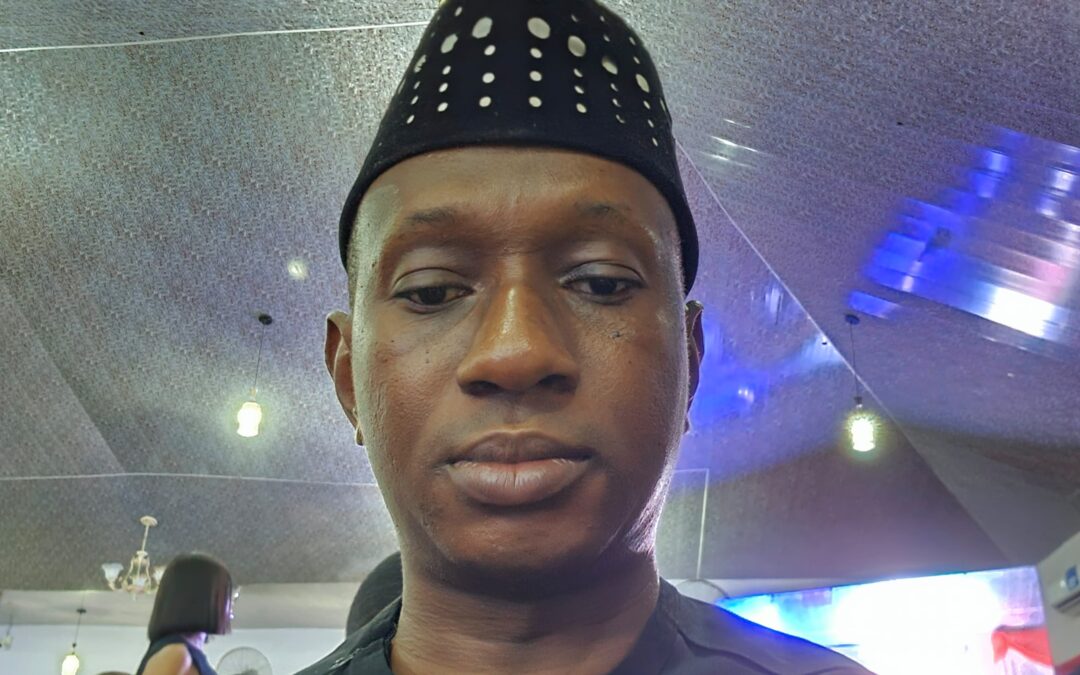Obohwemu’s Self-Comforting Attitude Theory (SCAT) and Self-Comforting Attitude Scale (SCAS) offer rich potential for use in group therapy, especially in settings focused on emotional resilience, trauma recovery, or stress management.

Group Therapy Applications of SCAT and SCAS
1. Attitude Exploration Workshops
Facilitators can use the SCAS to help participants reflect on their beliefs about self-comforting behaviours. For example:
– Do they view mindfulness as indulgent or empowering?
– Is emotional self-talk seen as weak or wise?
This opens up non-judgmental dialogue and helps normalize diverse coping strategies.
2. Resilience Profiling in Groups
Participants can complete the SCAS individually, then share insights in small groups. This fosters:
– Peer learning and empathy
– Recognition of shared struggles
– Validation of personal coping styles
It’s especially effective in trauma-informed group therapy, where emotional safety and self-awareness are key.
3. Skill-Building Sessions
Based on SCAS results, facilitators can design sessions that:
– Teach adaptive self-comforting techniques (e.g., breathing exercises, journaling)
– Challenge negative beliefs about self-care
– Encourage experimentation with new strategies
This aligns with psychoeducational group formats, blending theory with practice.
4. Cultural Sensitivity Dialogues
SCAT emphasizes how cultural norms shape attitudes toward emotional regulation. In diverse groups, this can spark powerful conversations about:
– Stigma around emotional expression
– Gendered views of vulnerability
– Community-based coping traditions
It’s ideal for multicultural therapy groups or student support circles in Health and Social Care education.
Integration into Your Teaching or Mentoring
You could adapt these group therapy principles into:
– Classroom workshops on emotional resilience
– Student peer support groups guided by SCAS
– Reflective practice sessions for placement debriefs









0 Comments